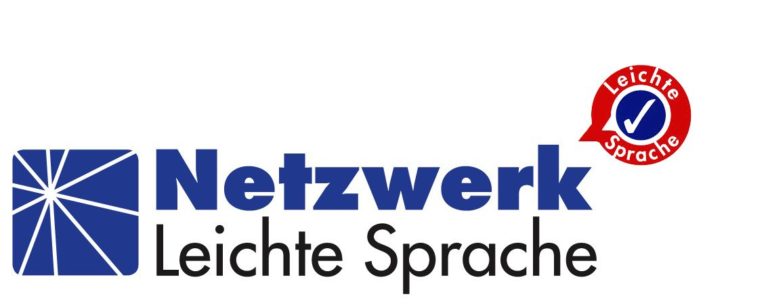1. What do I find on this website?
Here is the information about the project.
The project explains the new rights for data protection.
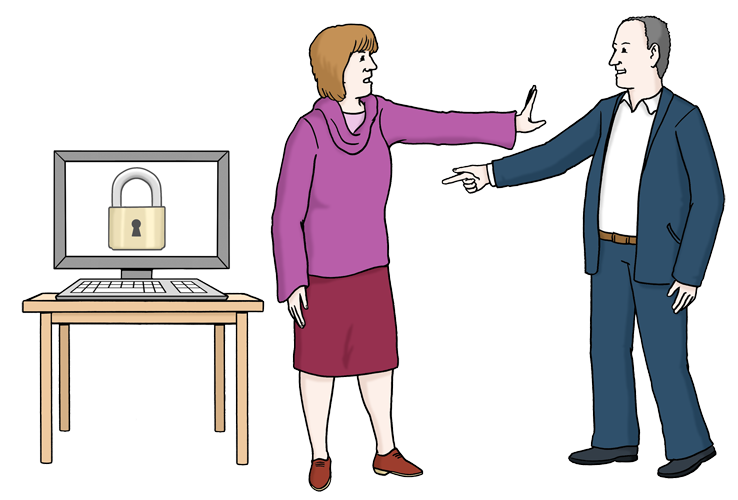
These are rules for all people in Europe.
You will learn more about data protection.
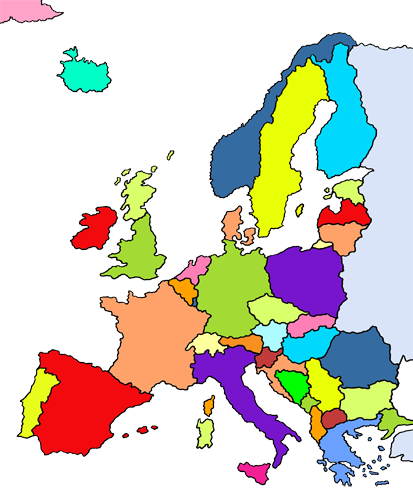
There is a game.
In the game, you learn about data protection.
The game is in German.
You want to play the game.
Then click on this link:
www.dataclash.eu
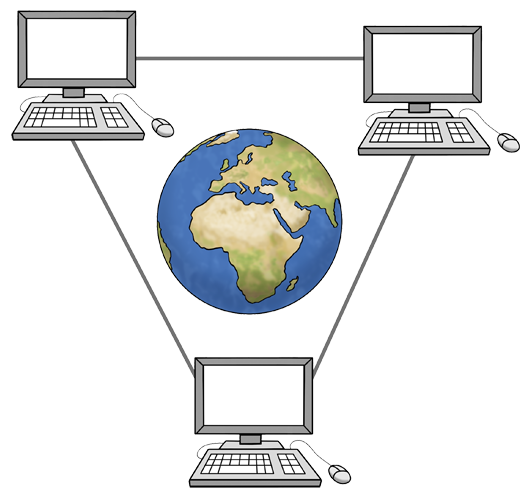
You want to download these information.
Then click on this link:
Download information
2. What is data protection?
Data protection means:
You decide
- who can use your data.
- what your data can be used for.

Your data is for example:
- Your name
- Your birthday
- Your illnesses
- Your bank account number
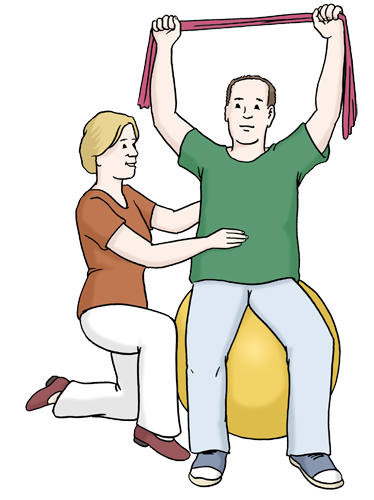

Not everyone is allowed to know your data.
Not everyone is allowed to use your data.
Not everyone is allowed to pass on your data.
You have a right to data protection.
3. Why are there new rules for data protection?
The rights for data protection were too old.
Many rights for data protection have changed.
Therefore there are new rights for data protection.
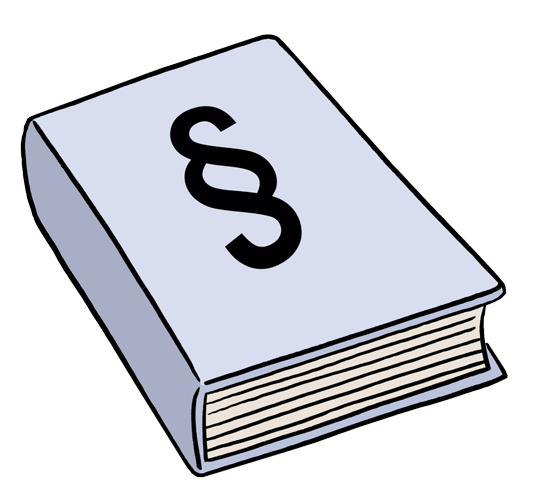
The rights for data protection were
not the same everywhere in Europe.
The rights for data protection were
different in many countries.
Now the rights are the same everywhere in Europe.

The old rights for data protection were not so good.
The new rights are better.
Your should be the one to decide
what happens to your data.
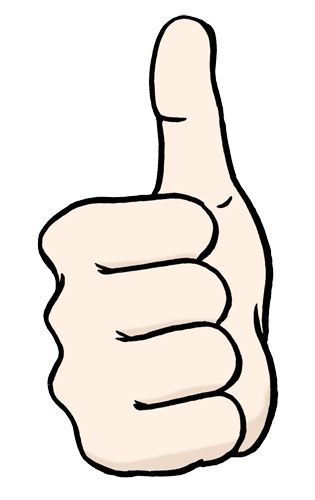
The new rights are in a law.
The law is called:
General Data Protection Regulation.
The abbreviation for that is GDPR.

4. Who are the new rights for?

The new rights for data protection
are for all people in Europe:
- Whenever someone saves data.
- Whenever someone uses data.
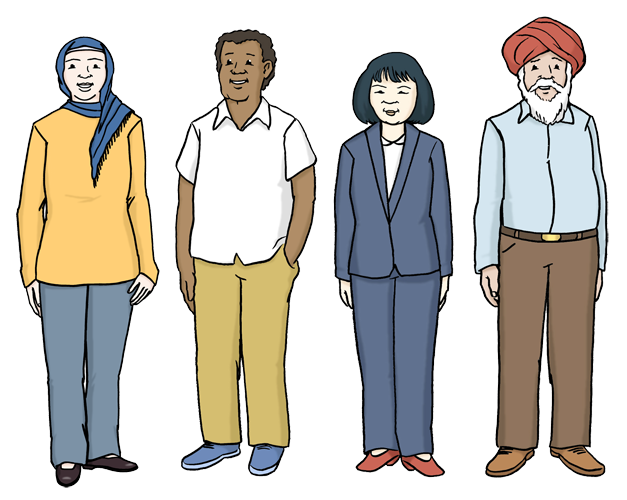
5. What rights do I have?

There are many new rights for data protection.
The rights are for different areas:
Information
There are companies, for example.
These companies want to use your data.
That way they can sell you something.
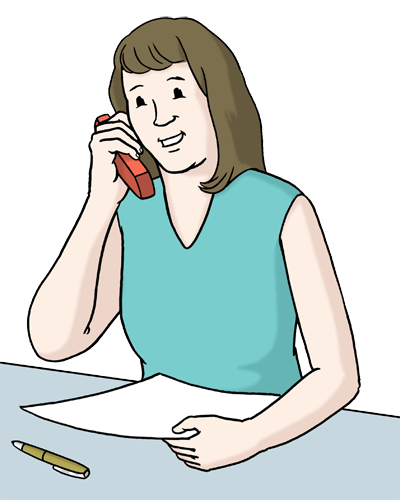
The company uses your data.
Then it has to explain to you,
- for what it needs your data.
- who can see your data.
- how long it saves your data.
These explanations must be easy to understand.
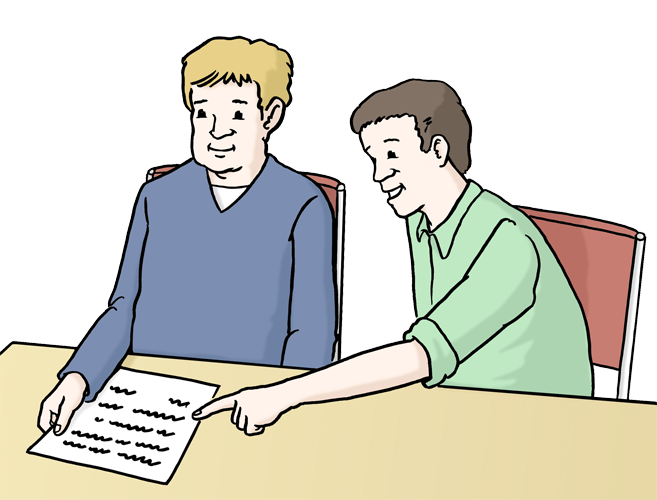
The company needs to ask you,
if it may use your data.
You call that: Consent.
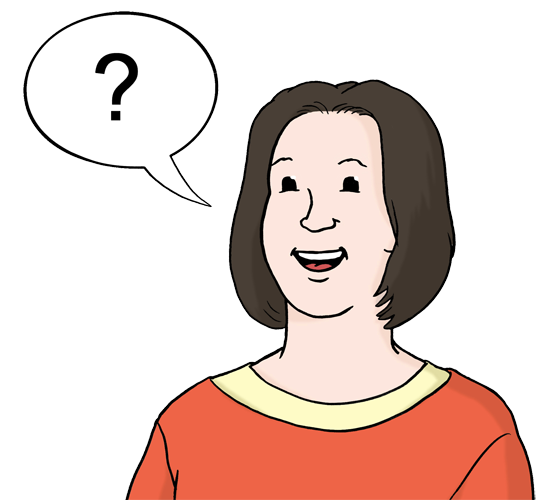
There are exceptions.
The company does not need your consent then.
For example:
A school needs your data.
The teachers get your data.
The need to know where you live.
They want to send a letter to your parents.
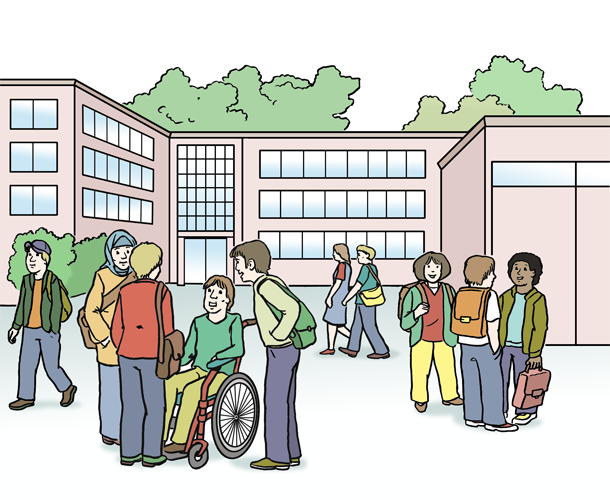
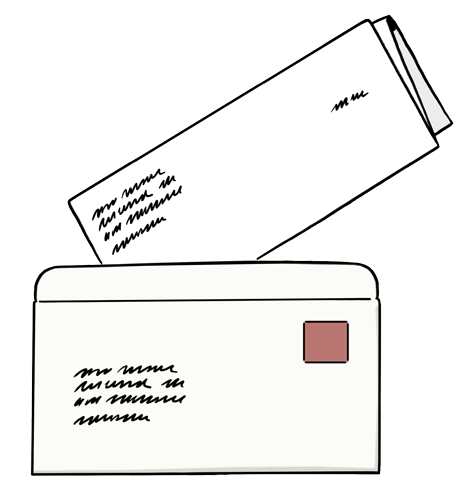
You can demand information from companies.
You call that: Right of access.
That is how you can find out
who has what data about you.

Objection
You have a right to object.
Objection means:
You can say:
I do not want to get advertisements.
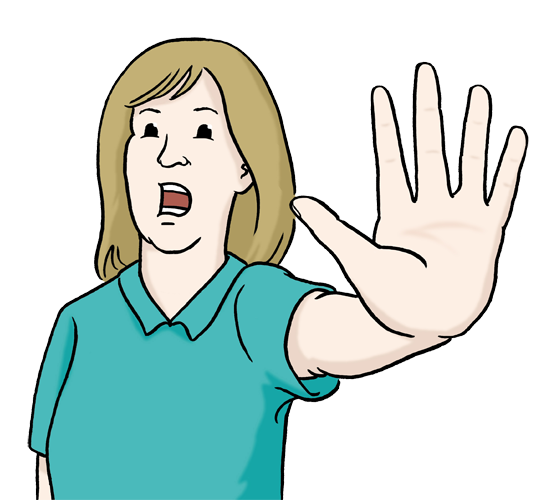
The companies are then not allowed to use your data.
The companies are not allowed to send you advertisements.

Correct and delete
Your data is stored incorrectly.
You can have it changed.
For example:
A company spelled your name wrong.
The company needs to change that.
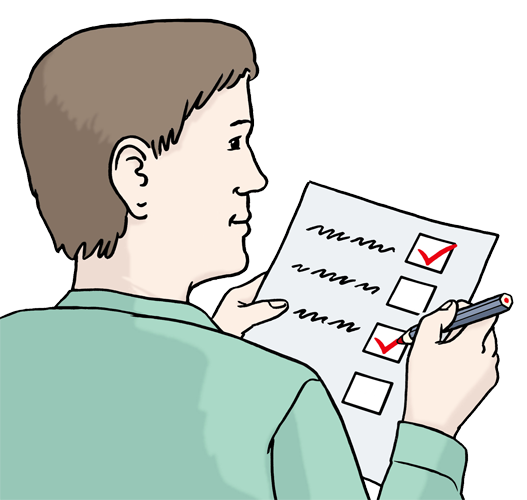
The company no longer needs your data.
Then you can have your data deleted.
For example:
You have an account at an online store.
You do not need the account anymore.
The online shop must delete your data.
Complain
The company uses your data incorrectly.
You can contact the company.
Then you can complain.
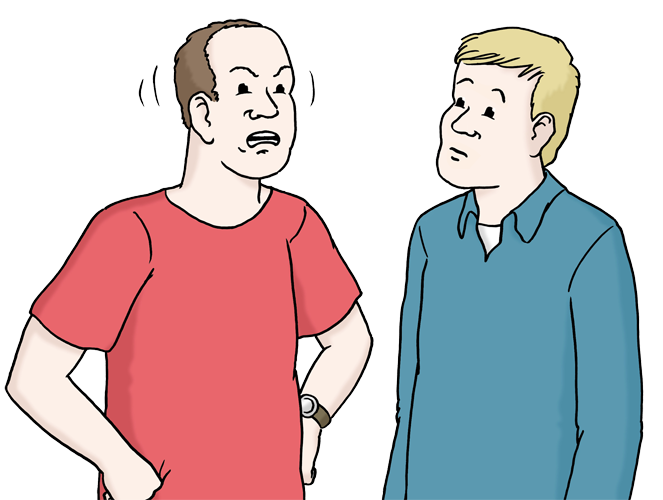
Many companies have people working on data protection.
You call them: Data protection officer.
These people can help you out.
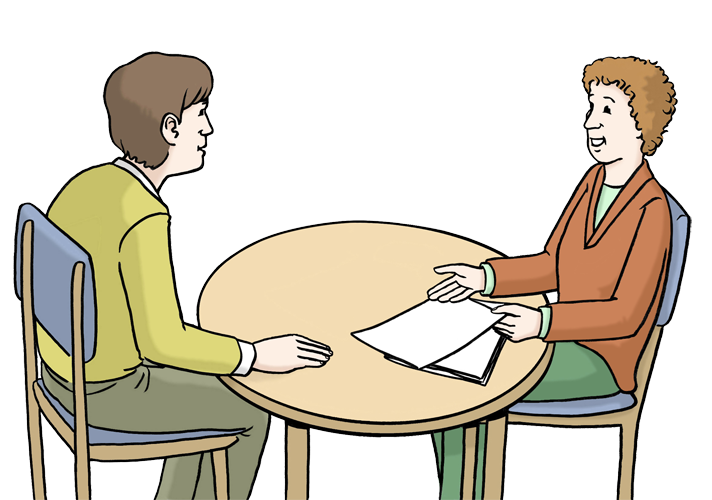
But sometimes, companies do not respond.
There is an authority for data protection.
You can talk to them.
Every country in Europe has one data protection authority.
You can complain there.
Companies do not respect your rights.
Then the authorities can impose heavy penalties.

Automated decisions
Some companies rate you with your data.
They put you in a certain group.
That way the companies can decide
what advertisements you’ll get.
Sometimes such decisions are automatic.
That means:
No human makes the decision.
A machine makes the decision.
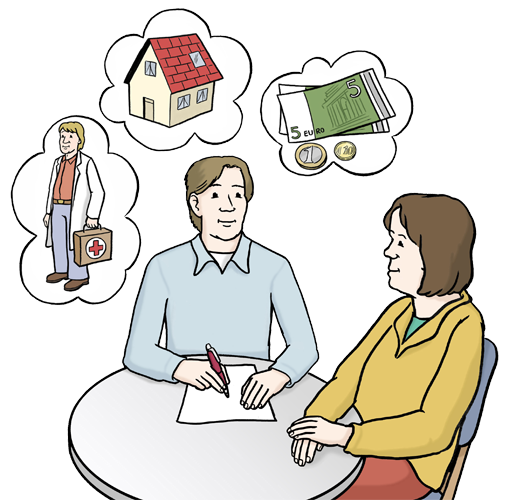
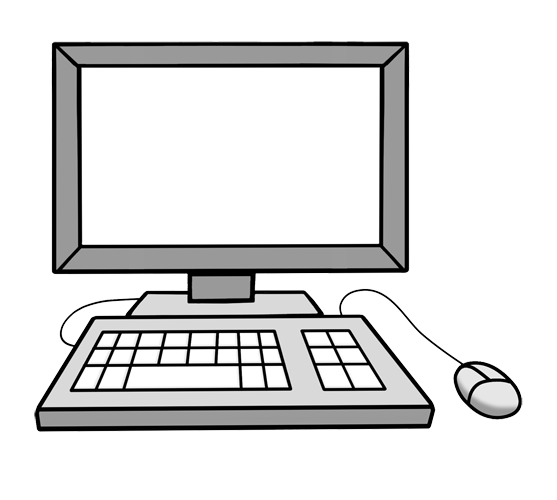
The company has to tell you,
when a machine decides.
And you can demand that a human helps with the decision.
You may also give your opinion on the decision.
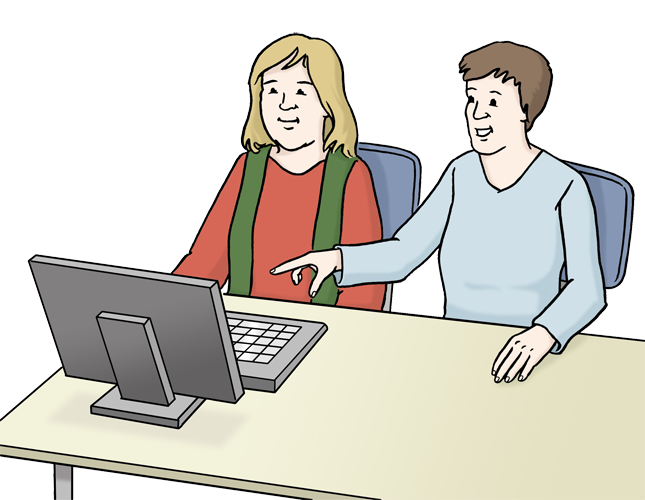
Settings on the computer
On many websites, you have to enter your data.
The companies from the websites can pass on your data.
That is how they make money.

The website should not store your data.
Data protection helps in this case.
There are settings for this on the computer.
For example:
A website does not make all your data public.
Other people see your data
only when you want to make it public.

Special data
Some data is very important.
For example:
- Data on your health
- Data on your political opinion
- Data on your sexuality
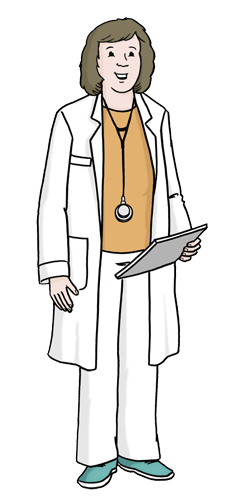

There is special protection for such data.
Someone wants to use this data from you.
Then you have to agree clearly.
Only then may he use your data.
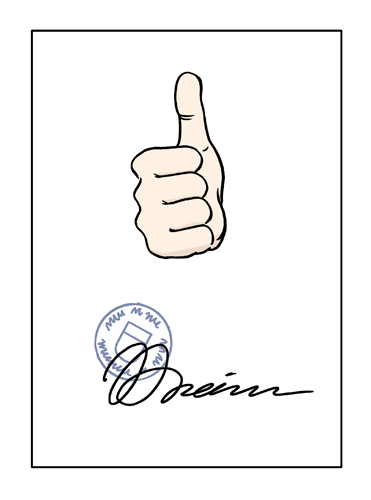
There are people who may use your data.
Only humans are allowed to do that,
who are trained for it.
That is, for example:
Doctors

They are not allowed to pass on your data.
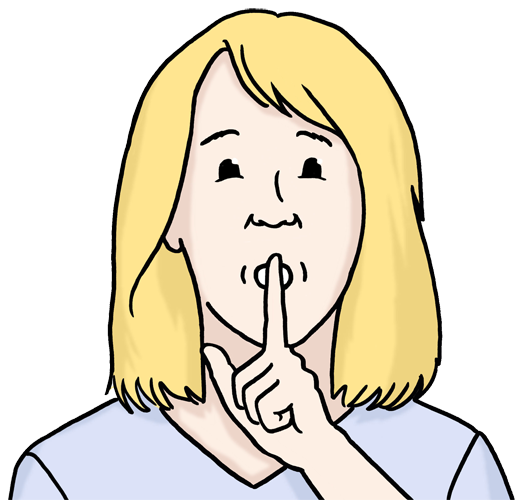
Transferring data
You have a right to get your data
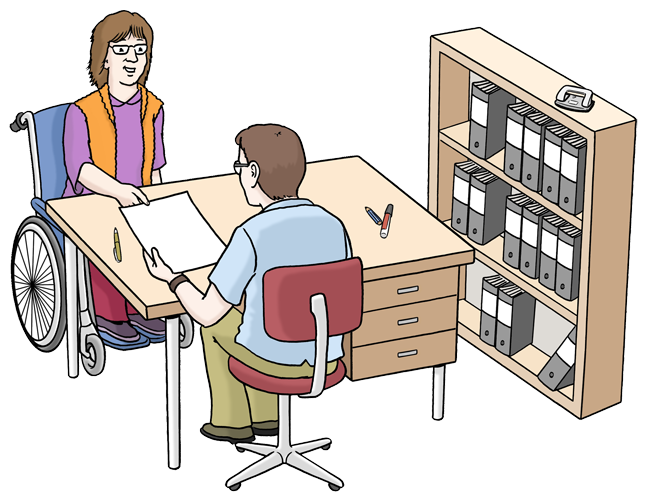
For example:
You want to change your bank.
You will get all the information about your bank account.
You find a new bank.
You pass your data on to the new bank.
That is what transferring data means.
6. How can I use my rights?
There are many rights.
You have sample letters for that.
For example:
You want to get information about your data.
You want to complain to the authority.
Then you can use a sample letter.
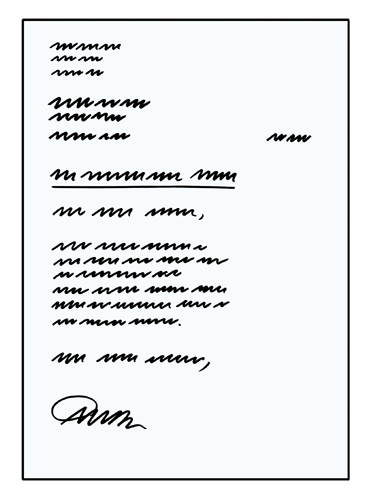
You can find sample letters on this website:
www.YourData-YourRights.eu

Unfortunately, the sample letters are not easy-to-read.
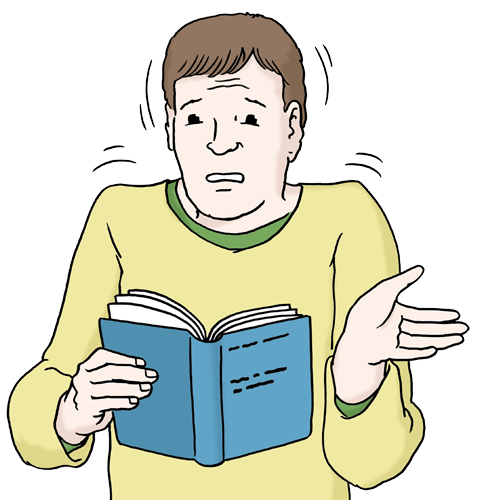
You want to download these information.
Then click on this link:
Download information
The German version of this text was translated into easy-to-read language by:
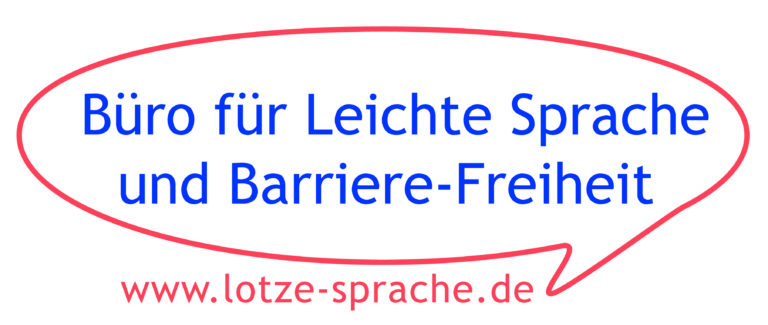
The German version of this text was checked by:
Shpresa Matoshi
Gabriele Kalkstein
Andreas Wulfekammer
Osman Sakinmaz
The German version of this text adheres to the standards of Inclusion Europe.

© European logo for easy-to-read language: Inclusion Europe.
© Pictures: Lebenshilfe für Menschen mit geistiger Behinderung Bremen e.V., Illustrator Stefan Albers, Atelier Fleetinsel, 2013; www.pixabay.de
